Blueberry bushes are a rewarding addition to any garden, but winter weather can pose serious challenges. Frost and snow can damage plants, reduce fruit yields, and even threaten the survival of your bushes if proper precautions aren’t taken.
In this guide, we’ll share 6 effective ways to protect your blueberry bushes from harsh winter conditions. These practical tips will help ensure your plants stay healthy and productive, so you can look forward to a bountiful harvest when warmer days return.
Mulching
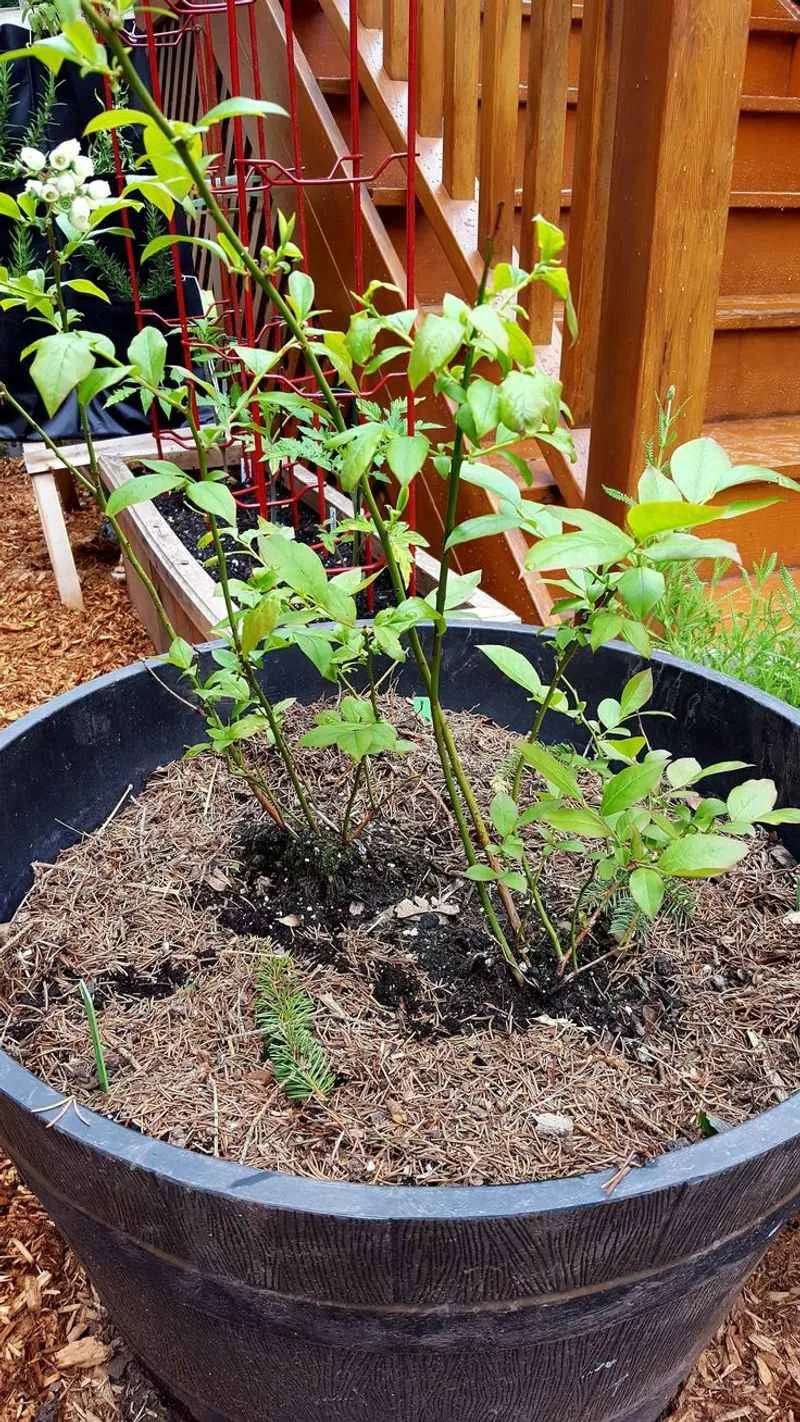
Insulation at its finest, mulch serves as a protective blanket for your blueberry bushes. Spread a thick layer around the base to retain soil moisture and regulate temperature.
Straw, pine needles, or wood chips work well in shielding the roots from severe cold. Besides temperature control, mulch prevents soil erosion during heavy rains.
Regularly check and refresh the layer as needed, ensuring it remains effective throughout winter. Mulch not only protects but also enriches the soil as it decomposes, providing nutrients to your plants.
Row Covers
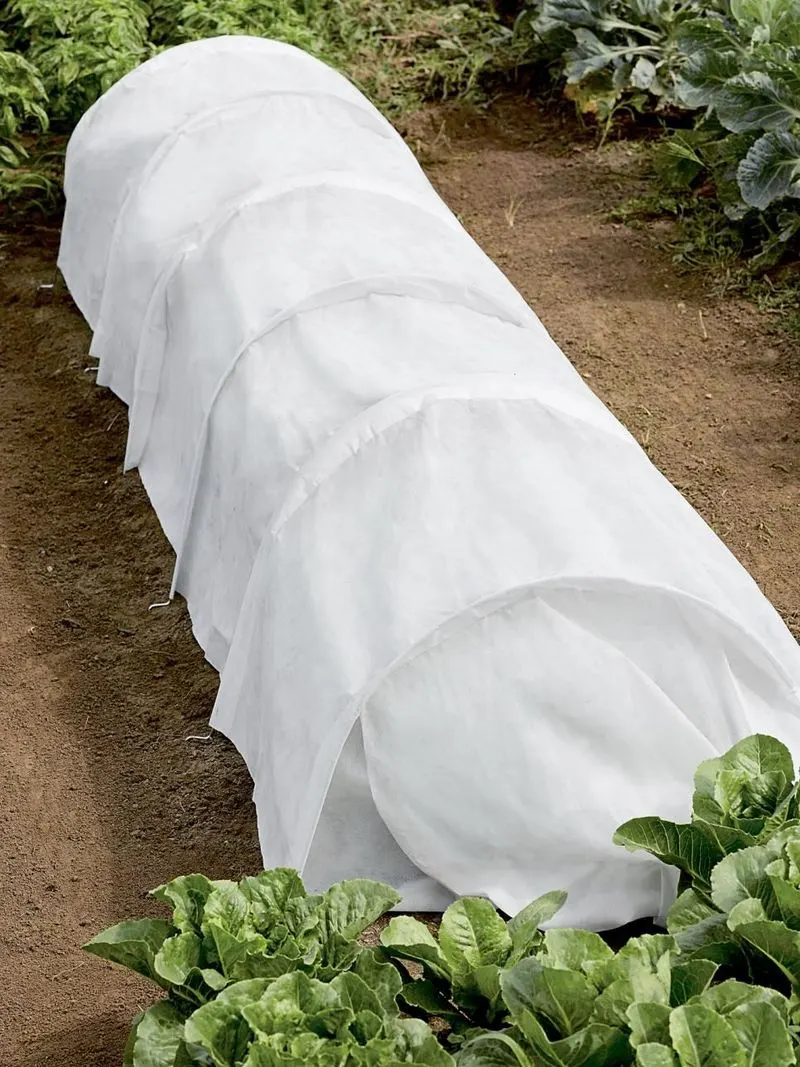
Row covers can offer a vital barrier against the harsh winter conditions. These fabric covers trap heat, creating a warmer microclimate around your bushes.
Simply drape them over the bushes and secure them at the edges. The covers allow sunlight to penetrate while keeping frost at bay, ensuring your plants stay healthy. Lightweight and reusable, they are an efficient solution for seasonal protection.
Remember to remove them on milder days to prevent overheating, giving your plants a chance to breathe and soak in the sun.
Windbreaks
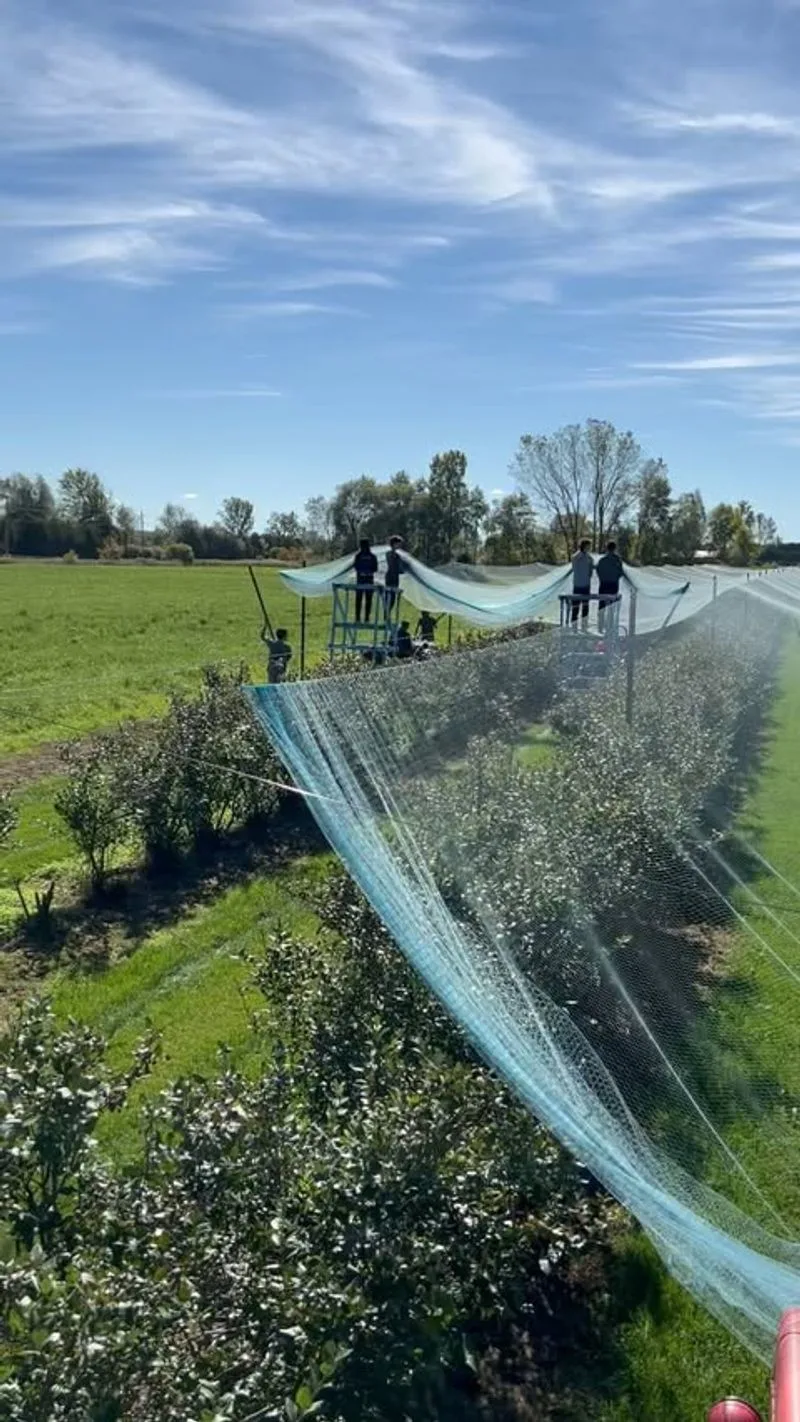
When freezing winds threaten, a sturdy windbreak can shield your blueberry bushes effectively. Erect barriers such as fences or hedges to minimize wind impact and reduce moisture loss.
Natural or artificial, these barriers deflect cold air, preventing damage to branches and buds.
Strategically placed, windbreaks also enhance the microclimate, fostering a more stable environment for growth. Consider evergreen trees or shrubs for a more permanent solution, which also adds landscape beauty and year-round protection.
Watering Schedule
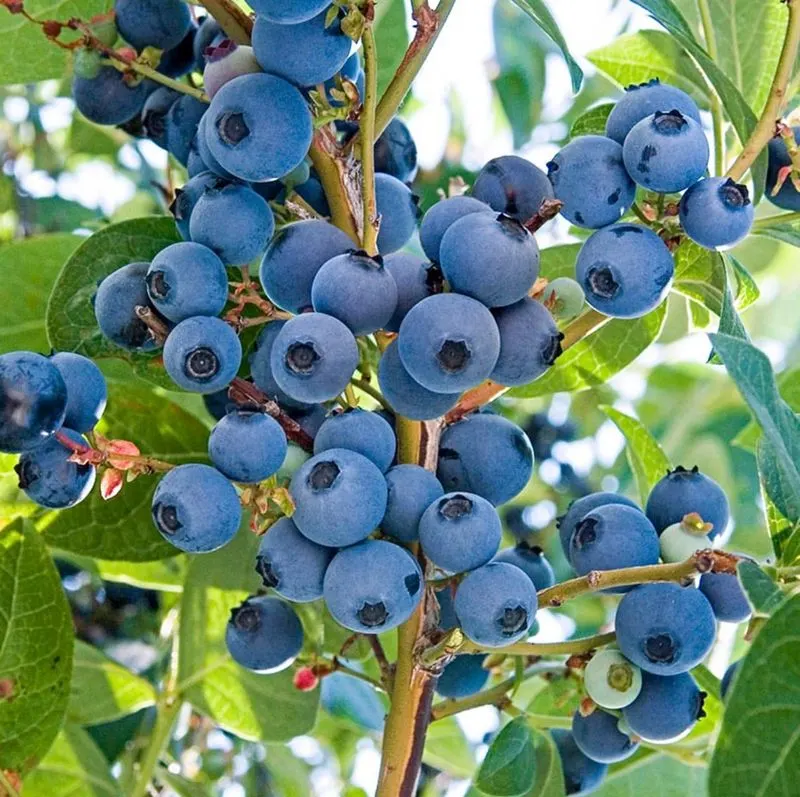
Watering is crucial even in winter, as dehydration can weaken your plants. Ensure your blueberry bushes receive adequate moisture before the ground freezes.
A deep watering session can be more beneficial than frequent shallow watering. This encourages roots to grow deeper, offering better stability and access to nutrients.
Avoid watering during frosty periods to prevent root damage. Proper irrigation helps maintain plant resilience against cold snaps, supporting healthy bush development in winter months.
Pruning
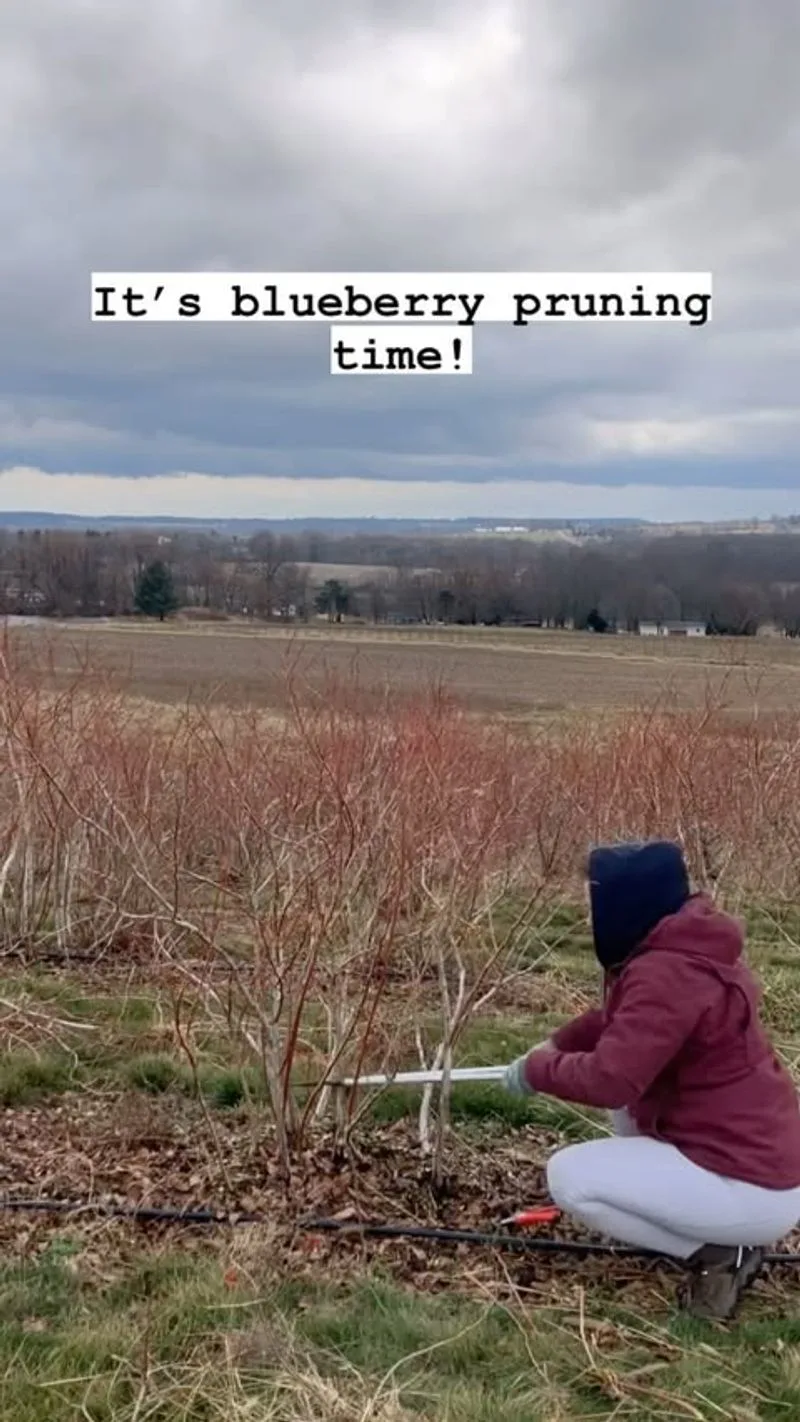
Pruning plays a pivotal role in preparing blueberry bushes for winter. Removing dead or diseased branches prevents the spread of infections and promotes better air circulation.
This practice helps bushes withstand snow load and reduces the risk of breakage. Prune just after the harvest, focusing on shaping the plant and enhancing sunlight penetration.
Winter pruning sets the stage for a robust spring growth, ensuring your bushes remain productive. With careful attention, pruning enhances both the health and yield of your blueberry bushes.
Anti-Desiccants
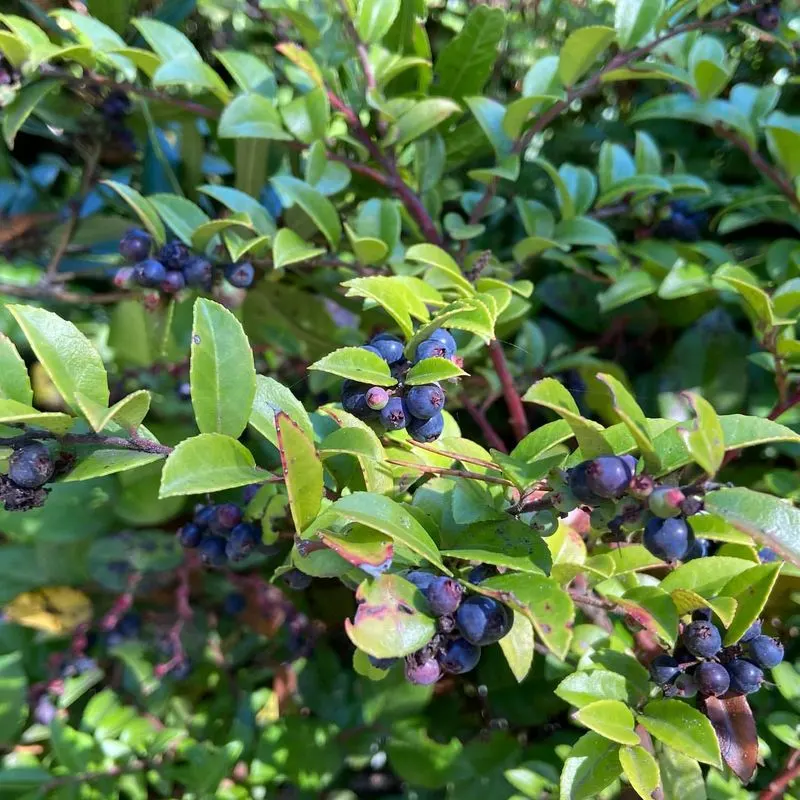
Combat moisture loss with anti-desiccants, which form a protective layer on blueberry bushes. These sprays help plants retain moisture by reducing evaporation from leaves. Apply them in late fall to shield against winter winds and dry conditions.
Anti-desiccants are especially useful for young plants, which may be more vulnerable to harsh weather. Follow the instructions carefully to avoid overapplication, ensuring your plants remain hydrated. This method supports overall plant health, reducing stress and enhancing winter survival likelihood.

